In English
27 de agosto de 2019
Online Project Collects Audio from 55 Indigenous Languages – Level 2
English, Spanish, and French are languages that you are probably already familiar with. But have you ever heard of bamún, tamashek, or kunza?
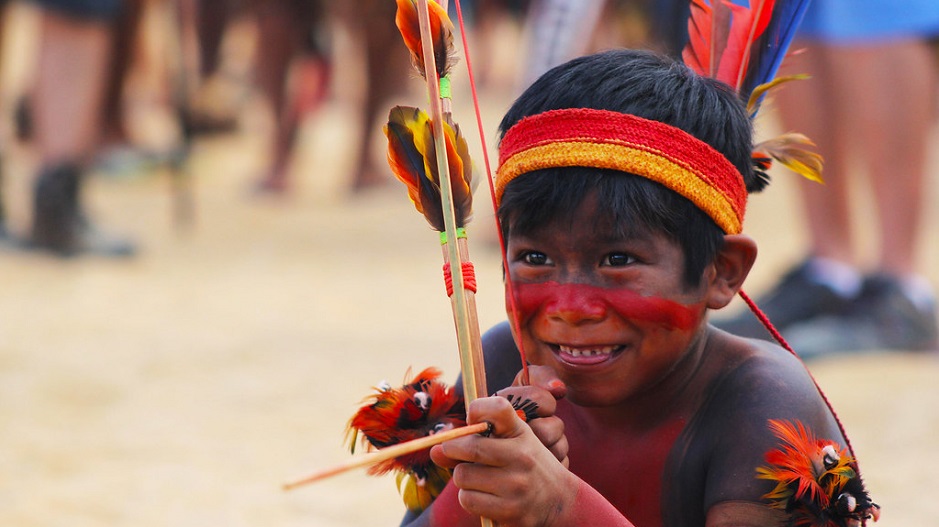
English, Spanish, and French are languages that you are probably already familiar with. But have you ever heard of bamún, tamashek, or kunza? These are some of the 2.680 existing indigenous languages that make up a third of all languages in the world. A project released by Google on August 9th collected audio recordings from 55 of these languages, which are spoken in countries including Brazil, Canada, Chile, and Morocco.
The goal is to make these languages more well-known in 2019 to help maintain language diversity worldwide. The United Nations (UN) has designated 2019 the International Year of Indigenous Languages.
“Hundreds of languages are a few days away from never being spoken or heard again,” explained Tania Haerekitera Tapueluelu Wolfgramm, a teacher who is a member of the Māori and Tongan indigenous population in New Zealand to Google. “A culture does not exist without its language. Speaking one’s own language is a human right,” added Tania, one of the educators who speak native languages and helped organize the project.
“I am not doing this for me, but for my children and grandchildren – so they can hear our language in the future,” stated Dolores Greyeyes, the teacher who recorded an audio for the Plains Cree language, a native population in Canada.
Access the project “Celebrating Indigenous Languages” in: goo.gle/315ETAu
How do we use it?
In the project “Celebrating Indigenous Languages”, by Google Earth, all you have to do is click on parts of the globe to hear traditional greetings, music, and popular sayings from different indigenous cultures around the world. Check out some of the expressions:
Bamún(Cameroon) – mə̂ʃàʔʃùúkə́ – Hello
Hul’q’umi’num’ (British Columbia / Canada) – ‘i ch’ o ‘ uy uy “ul” – How are you?
Sanöma (Roraima state/Brazil) – Wa nako naso ke, wa topa kule – Good morning, how are you?
Yankunytjatjara (Australia) – Ngunytju – Mom
Sami septentrional (Finland) – Mu ruoktu lea mu váimmus ja dat johtá mu mielde – My home is in my heart, wherever I go.
7,000 languages are spoken all over the world.
2,680 are indigenous languages.
Questions
1) Which statement is true?
a) Spanish is one of the 2,680 indigenous languages spoken in the world.
b) Indigenous language teachers helped organise the Google project.
c) 2018 was declared the International Year of Indigenous Languages by the United Nations (UN).
d) Canada has a third of all the indigenous languages in the world.
Correct answer: B
2) Why do you think it is important to maintain indigenous languages?
Ixi! Você bateu no paywall!
Ainda não é assinante? Assine agora e tenha acesso ilimitado ao conteúdo do Joca.

Assinante? Faça Login
Voltar para a homeOu faça sua assinatura e tenha acesso a todo o conteúdo do Joca
AssineComentários (2)
-
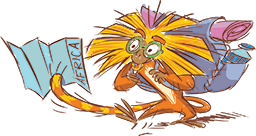
Enzo Mattes
10 meses atrás
BORA BILL TO AMOSTRADINHO MUITO BOMMMMMMM DEIMAOISSSS
-

Enzo Mattes
10 meses atrás
show de buelas mucho biom
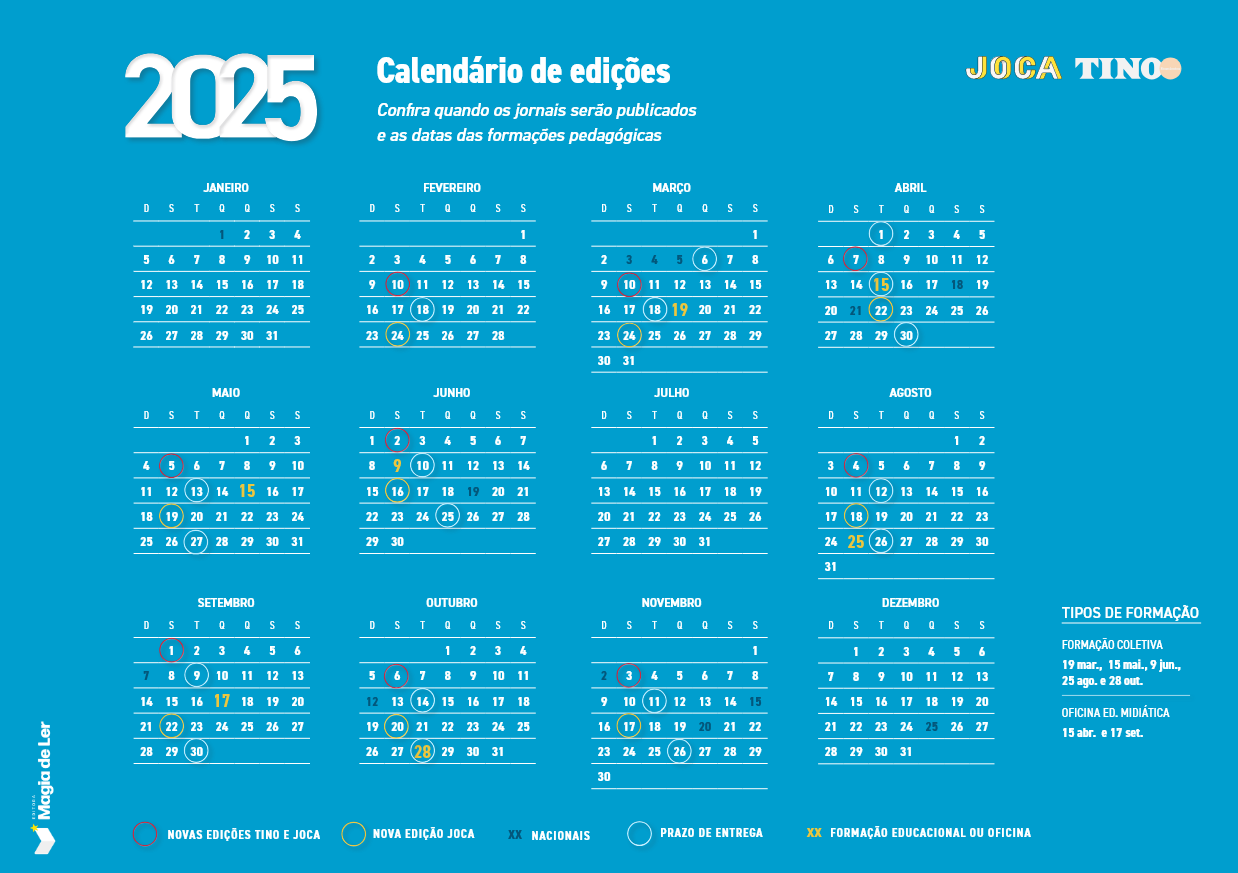
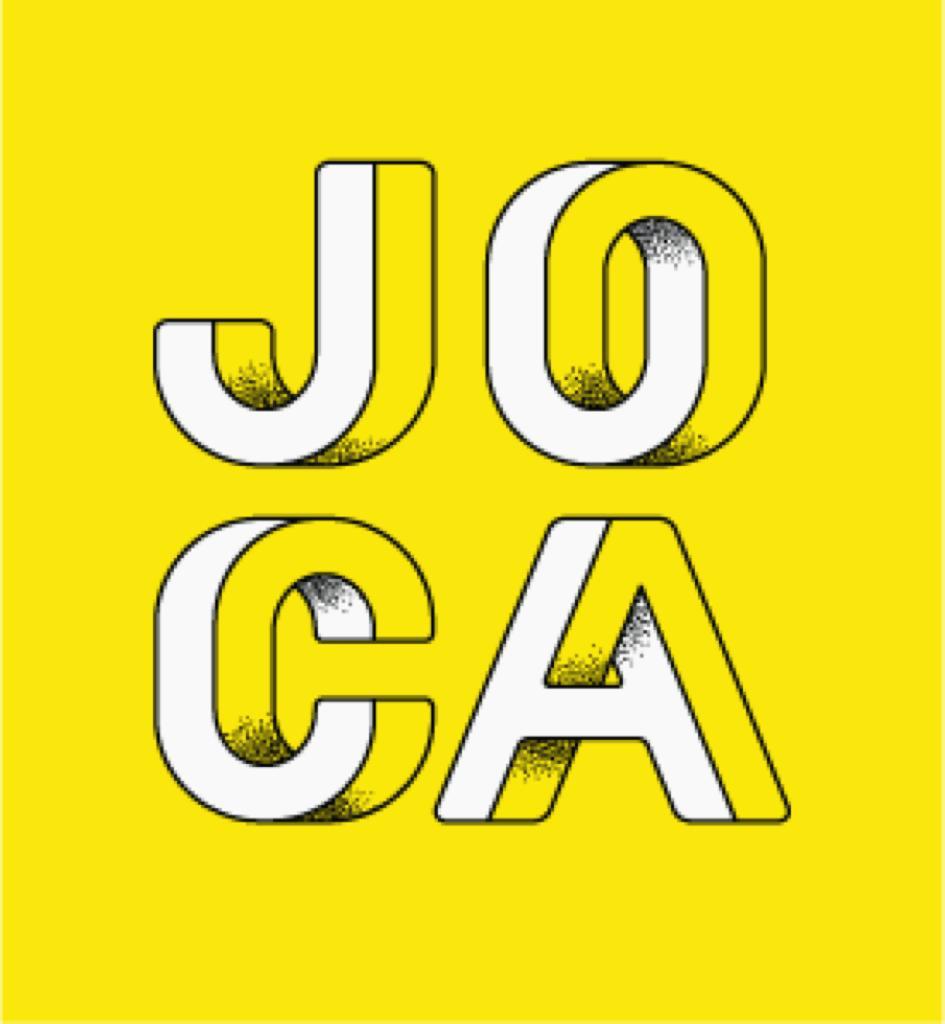




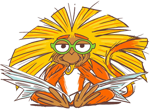


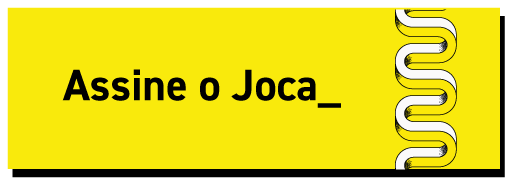


Você precisa fazer o login para publicar um comentário.